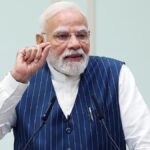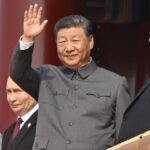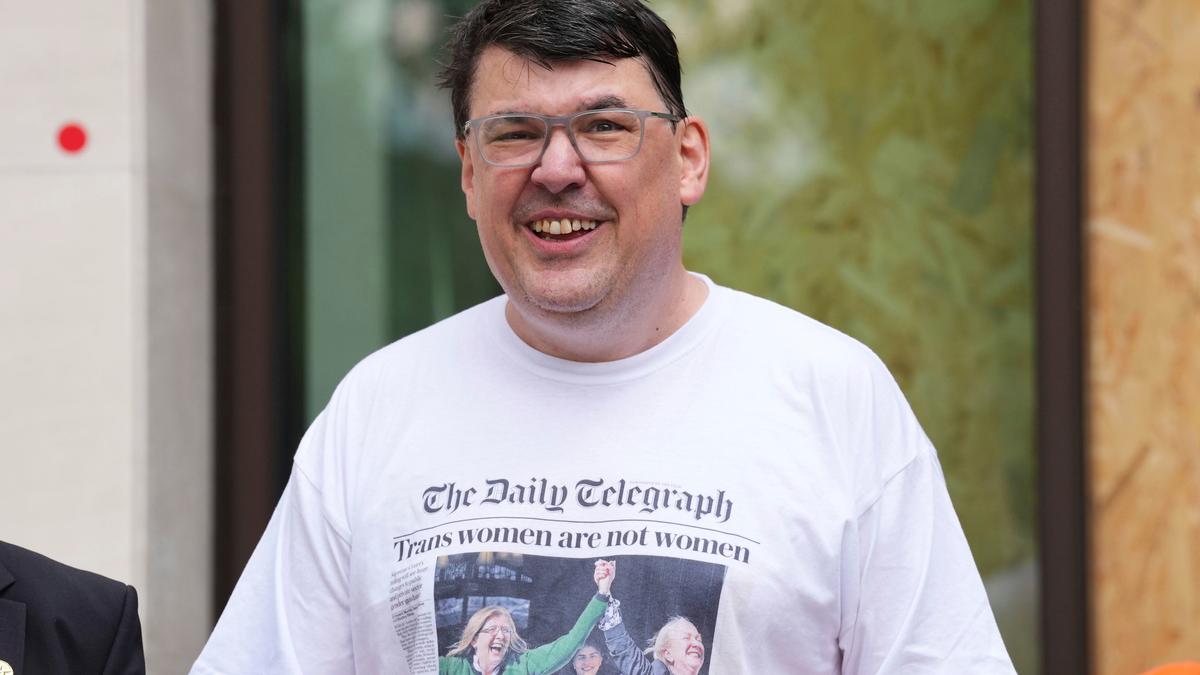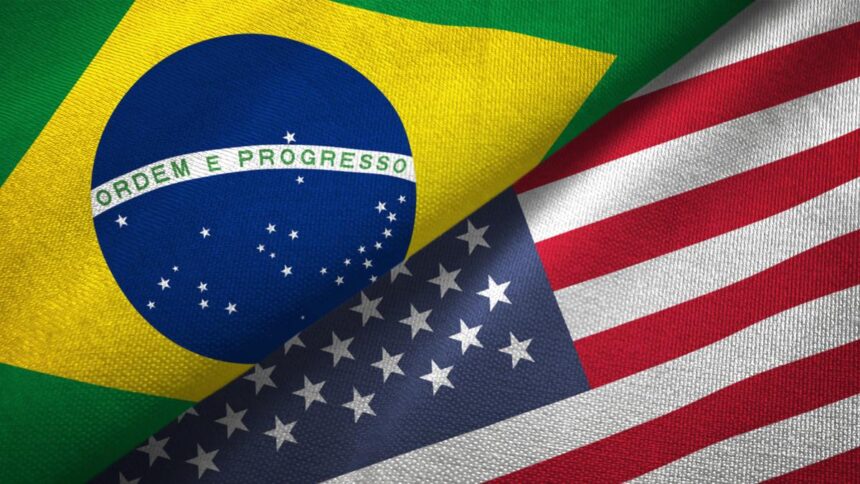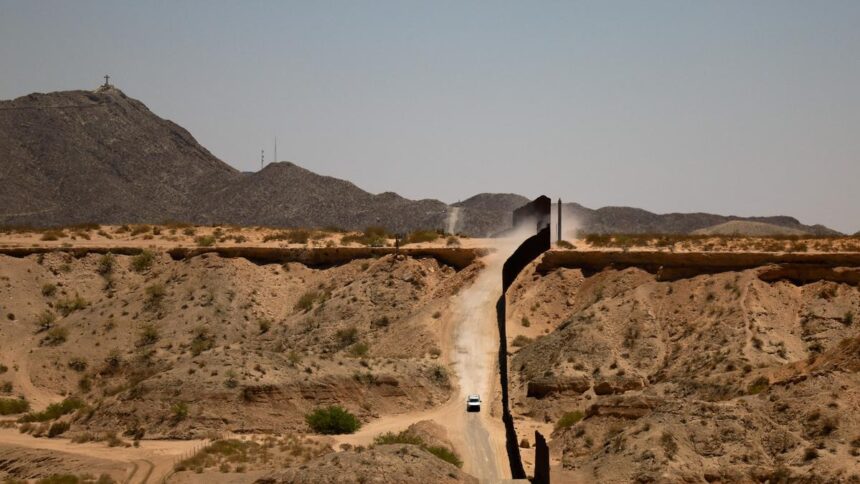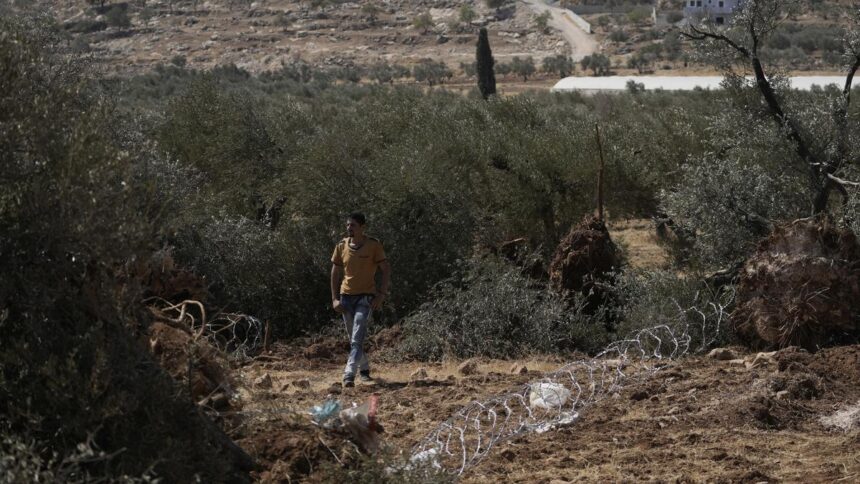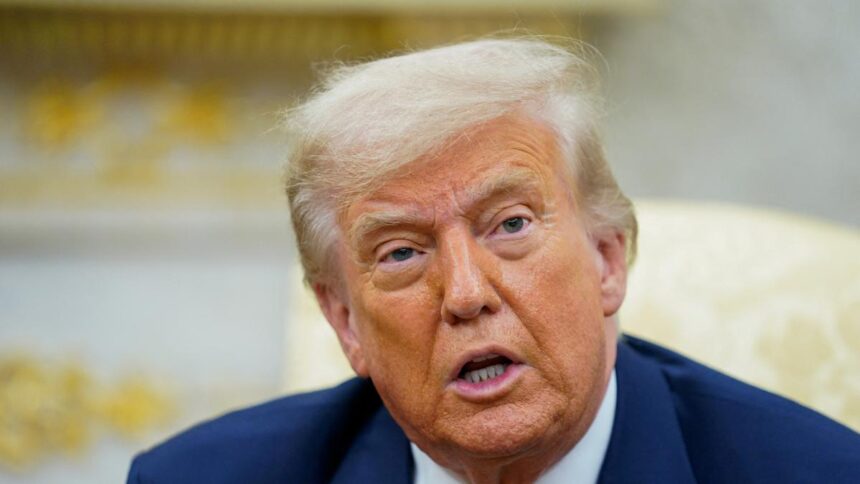The arrest of comedy writer Graham Linehan in Britain over social media posts about transgender people has sparked a debate about freedom of speech and its limits.
Supporters of Mr. Linehan say U.K. laws are stifling legitimate comment and creating what “Harry Potter” author J.K. Rowling— like Mr. Linehan, a critic of trans activism— called “totalitarianism.”
Others argue that online abuse and hate speech have real-world impact and police have a duty to take it seriously.
Mr. Linehan, the co-creator of beloved 1990s sitcom “Father Ted” and other shows including “The IT Crowd,” says he was detained by five armed police officers on Monday (September 1, 2025) at Heathrow Airport as he returned from Arizona.
Mr. Linehan, who has been outspoken in his assertions that trans women are men, said on X in April that trans women were violent criminals if they used women-only facilities. He advocated people “punch” them if calling police and other measures failed to stop them.
The post came days after the head of the U.K’s Equality and Human Rights Commission said transgender women would be excluded from women-only spaces such as toilets, single-sex hospital wards and sports teams. The decision followed a ruling by Britain’s highest court that the terms “woman” and “man” refer to biological sex for antidiscrimination purposes.
Another post by Mr. Linehan referred to trans-rights protesters and said “I hate them.”
The Metropolitan Police force didn’t name Mr. Linehan but said it had arrested a man in his 50s at the airport on suspicion of inciting violence in posts on X.
Mr. Linehan, 57, said on Substack that he had been “arrested for jokes.” He said the questioning by police sent his blood pressure soaring and he was taken to the hospital and kept under observation before being released on bail, on condition he doesn’t post on X.
Mr. Linehan is due to appear in a London court on Thursday (September 4, 2025) in a separate case in which he is accused of harassing a transgender woman and damaging her phone. He denies the charge.
Supporters of Mr. Linehan expressed outrage at the arrest, saying it amounted to the policing of opinion.
“This is totalitarianism. Utterly deplorable,” Ms. Rowling wrote on X.
The tabloid Sun said there was “outrage” at the arrest of the “Father Ted genius.” The right-leaning Daily Mail asked “When did Britain become North Korea?”
Kemi Badenoch, Leader of the Opposition Conservative Party, said: “It’s time this government told the police their job is to protect the public, not monitor social media for hurty words.”
But Zack Polanski, leader of the Green Party, said the posts were “totally unacceptable” and the arrest seemed “proportionate.”
The right to freedom of speech is protected under Britain’s Human Rights Act, but it has limits. Inciting violence is illegal, as is hate speech directed at people on grounds including race, gender, sexuality and religion.
As public debate has moved online, so has policing of it, with a growing number of arrests for comments on social media. After an outbreak of anti-immigrant violence in the summer of 2024, hundreds of people were prosecuted for participating in the rioting— and others for things they’d posted online.
The best-known case is that of Lucy Connolly, a childminder married to a Conservative local councillor, who was sentenced to 31 months in prison for a tweet during the riots urging people to “set fire” to hotels housing asylum-seekers.
The Connolly case has become a major talking point for the political right. Critics of the center-left British government cite it as evidence of “two-tier policing” that treats right-wing and anti-immigration protesters more harshly than pro-Palestinian or Black Lives Matter demonstrators.
The supposed threat to free speech in the U.K. and elsewhere in Europe has been taken up by allies of President Donald Trump including Vice President J.D. Vance, who claimed in February that “basic liberties” in Britain are under threat.
The idea has been hammered home by hard-right Reform U.K. leader Nigel Farage, who is due to speak to Congress’s Judiciary Committee in Washington on Wednesday about “Europe’s Threat to American Speech and Innovation.”
Prime Minister Keir Starmer has pushed back against such claims, telling Trump in July that the U.K. was “very proud” of its long history of free speech.
Technology bosses including Elon Musk have criticized U.K. laws that make tech firms responsible for removing harmful content and ensuring children do not see pornography on their sites.
Not all the criticism comes from the right. Civil liberties campaigners say authorities have gone too far in limiting peaceful protest, citing a July decision to ban the group Palestine Action as a terrorist organization. Since then, hundreds of protesters have been arrested for holding signs supporting the group.
Health Secretary Wes Streeting acknowledged Wednesday that people are “anxious about some of the cases we’ve seen” of prosecutions for online posts.
“It’s very easy for people to criticize the police. The police enforce the laws of the land that we as legislators provide,” Streeting told Times Radio. “So if we’re not getting the balance right, then that’s something that we all have to look at and consider.”
Published – September 03, 2025 04:44 pm IST



